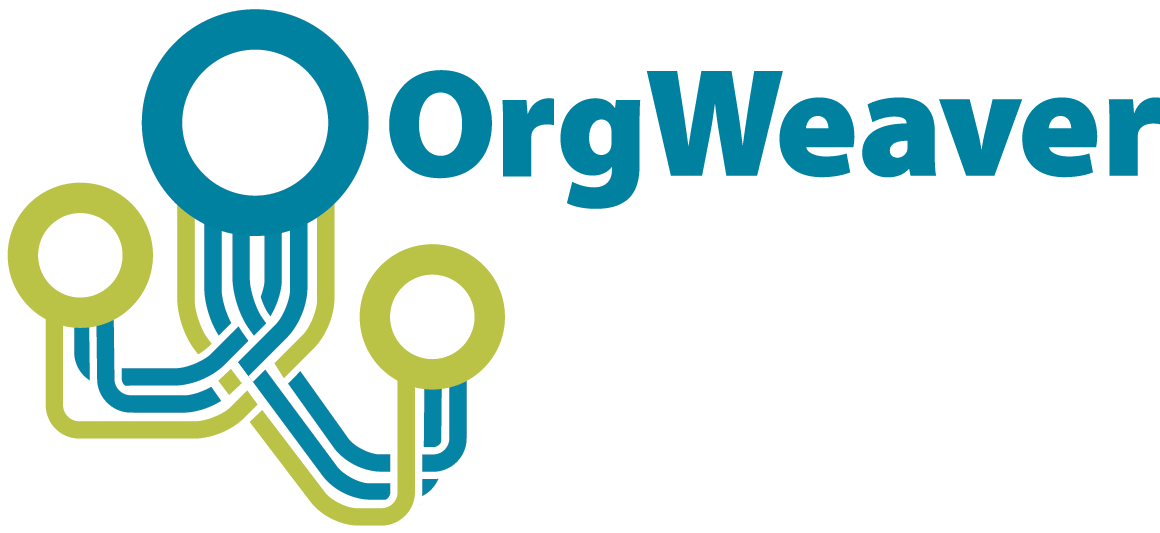The Biggest Challenge to Implementing a Successful Organizational Change
Have you ever heard an executive say: “Our people are our most important asset.”?
It’s such a common phrase to hear, and yet it is hard to know what it really means. Ask an executive and she might say things like:
- We recruit the best people, pay them well, train them, and promote them from within based on merit.
- We create a positive working environment, focus on diversity, run healthy living initiatives, and actively foster a unique culture.

An outcome to avoid
In order to do all of these things well, teams spend years streamlining processes, hiring people to fill specialized roles within HR, working with global software vendors to manage the data, and bench-marking “employee engagement” surveys to publish in annual reports.
This all works well until a company needs to perform an organizational change. Organizational change is as certain as death and taxes, and yet companies are failing to prepare for it. Without preparation for the next merger, reorg, or downsizing, this is what typically happens:
- Employees are viewed predominantly through the lens of “cost”
- Decisions are allowed to be driven by those who are “loudest” or “best connected”
- Commitments to diversity, health, merit, and a positive culture are down prioritized
- Investments in HR technology are squandered because they can’t handle the flexibility of an organizational change.
So what is the biggest challenge to implementing a successful organizational change? Preparation.
Executives can prepare for organizational change by:
- Asking HR teams to take a strategic role in organizational change
- Pre-evaluating the tools, methods, and vendors that specialize in organizational change
- Communicate the principles that will be followed during future organizational changes
I’ve personally worked with great executives that are on the leading edge of organizational change and have seen first hand the positive results of implementing well-prepared changes. More can be done to prepare for organizational changes and it is a task worth doing to truly treat people as your most important corporate asset. Will you?
